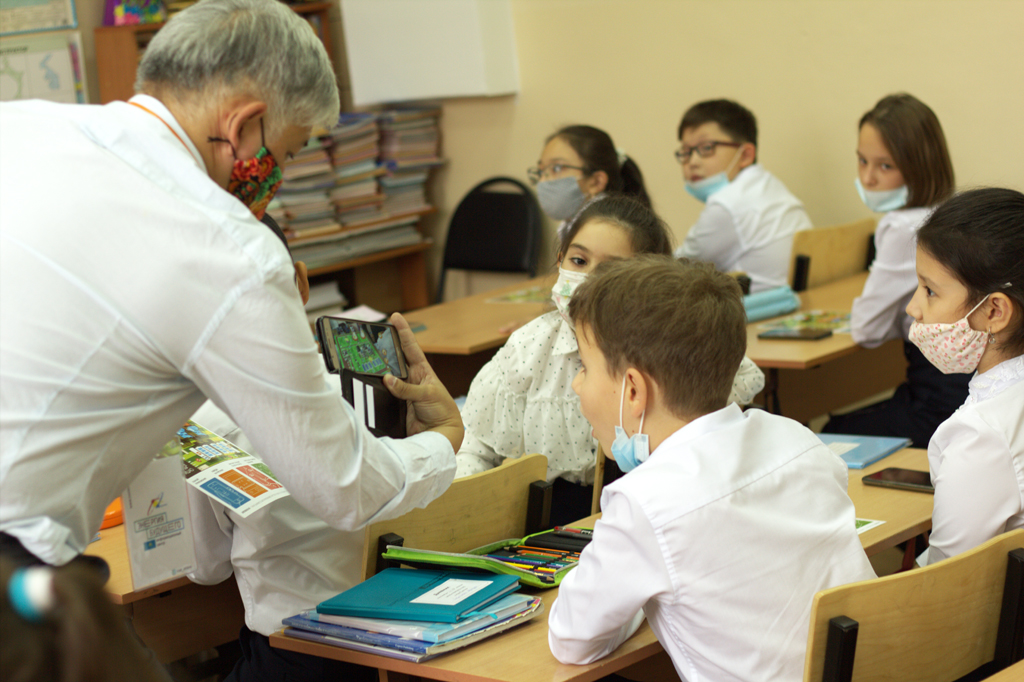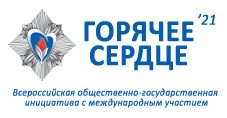
We have repeatedly heard about the high speed of processing huge amounts of heterogeneous data by these increasingly advanced self-learning computer systems. Indeed, because AI does not forget anything, it is unfamiliar with fatigue or loss of attention (a fundamental difference between AI and the human mind) – it works much faster and, most importantly, is able to function 24 hours a day.
Artificial intelligence in the nuclear industry, how is it?
For example, in February 2020, a machine vision system was introduced at the Kola NPP as part of a pilot project to monitor the use of personal protective equipment. From the outside, it can only be seen that AI takes on only routine work so that a person does not constantly monitor what is happening on the screens. The result is a reduction in occupational injuries among personnel and, if we remember about the pandemic, this is another additional barrier to the safety of modern nuclear power plants.
Recognition of images obtained for medical purposes – the «unique» role of a person very often consists in sequential recognition of images within a certain algorithm. The specialist collects information, analyzes it and compares it with previously studied categories (symptoms). If the patient's clinical picture and the results of the studies coincide with the data on known diseases, the doctor classifies the pathology and makes an appropriate conclusion. And it is logical that this can be entrusted to AI.
Automatic analysis systems that have access to databases of reactor operation results can not only determine or predict the presence and appearance of cracks, but also generate optimal configurations for the operation of certain parts of the reactor – fuel rods, thereby extending the service life and saving money.
However, EVERYTHING starts small, AI also once «sat at the desk in the first grade», it was given concepts of data, performed operations and checked the "homework. This is what schoolchildren from Nur-Sultan did at the «Numeracy Lesson: AI in Education», trying on the role of creators of a digital assistant for a math teacher.
The Lesson of Numbers were organized and conducted by the Nuclear Society of Kazakhstan in partnership with the Russian House as part of the Teacher's Day from October 5 to 8, 2021.
Statistics: 10 Lessons of Numbers were attended by 218 students and 29 teachers from secondary schools No. 3, 28, 30 and the Physical and Technical Lyceum «Flagman».
Photos from schools can be seen in our photo gallery.
Publication from colleagues


